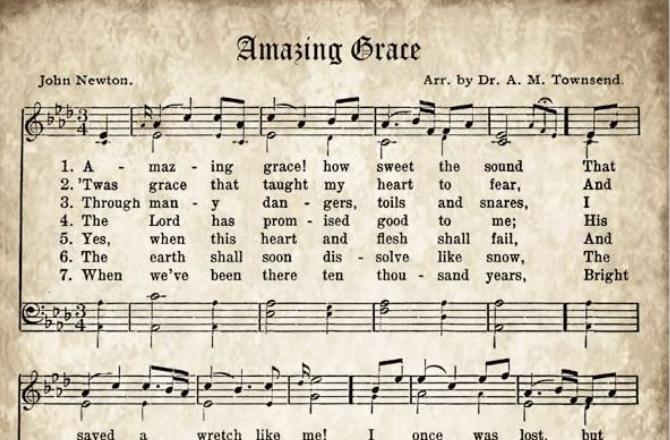“The blues address the full range of the human experience, so we should expect to find love and loss, pain and joy, life and death.”
Bill Edgar, A Supreme Love
Life and especially friendships recall some interesting moments. Bill Edgar a good friend, a soulful jazz pianist and a theologian in his newest book on the music called the blues and then jazz took me home. Way back home. It took me back to those early things—the archeology of the mind. Layers and layers of life that shape the mind.
Composers respond to the same ascendance. What happened? Why? As they sort through the layers of life, melodies and rhythms are revealed. They take us back, sometimes haunt us with life’s variations.
I grew up in the southernmost part of Missouri. It is called Delta country and is where the cotton fields begin. My beginning was in a bend of the Mississippi River. I came to know its contours and nature’s carvings—bayous, Cypress swamps, oxbow lakes.
I also got to know cotton—the plant, its boll and the misery. For a few years on Saturday mornings in late summer and early fall I would get on a labor bus with other cotton pickers, as we were known, and head to a field close to town. I was one of one on the labor bus, but when we arrived at the cotton wagon there would be other boys whose family sharecropped the farm. At the time boys were freed from school during what was euphemistically called the “cotton picking vacation”.
And that is where I learned the blues or at least one of its origins. Duke Ellington, the great jazz composer and bandleader probed it musically in “Song of the Cotton Field” and much later Harry Belafonte sang of it. Recall the beginning:
“When I was a little baby
My Mama would rock me in the cradle
In them there, ol’ cotton fields at home”
I can recall mothers who were picking cotton breastfeeding their babies in the cotton wagon. I learned because my Dad wanted me to. Those I picked with experienced the blues in much more profound ways and sang of it as their spirit reached deep.
It is, and I can still remember vividly, hard work. Dirty work, as you haul a long white bag behind you as you walk along at plant level on your knees picking and putting cotton in that long white bag. The bag, when filled, was just under 50 lbs. and you took it to the cotton wagon where it was weighed. Back in the day, when I was picking, the pay was $3.00 for a hundred pounds.
Duke Ellington turned the page on “Song of the Cotton Field” with “Come Sunday”, the best-known song in a suite of songs expressing his faith. And that is what my parents did.
Mom was a church organist and Dad frequently an usher. Me, I dutifully got in the back of the car as we headed to church. And then later I was drawn into the spiritual dimension. I can recall church camp and sitting around the fire singing Amazing Grace. Amazing Grace was the slave boat captain John Newton’s conversion inspiration and probably the most widely known musical expression of faith in the world.
Later a fifth verse was added to Newton’s song by Harriet Beecher Stowe, who is best known as the author of Uncle Tom’s Cabin, an anti-slavery novel.
“When we’ve been there ten thousand years,
Bright shining as the sun,
We’ve no less days to sing God’s praise, Than when we first begun.”
And while being taken way back by the history of the blues, I from time- to-time go way back to my experiences and hoping that faith’s inspiration today is as inviting, spiritual, and loving as what I recall.
Yes, I can still hear those mournful but hopeful voices. And, laughing voices around the campfire. Yes, silence too as the embers cooled. The only connectivity was with each other.
I have been in welcoming churches living the great commandment. Amazing grace. And I have been in the noise. We all have; its expanse is vast. But it can be quieted and that is our responsibility. If welcoming is the calling card, revival will come.
Al Sikes is the former Chair of the Federal Communications Commission under George H.W. Bush. Al writes on themes from his book, Culture Leads Leaders Follow published by Koehler Books.



Write a Letter to the Editor on this Article
We encourage readers to offer their point of view on this article by submitting the following form. Editing is sometimes necessary and is done at the discretion of the editorial staff.